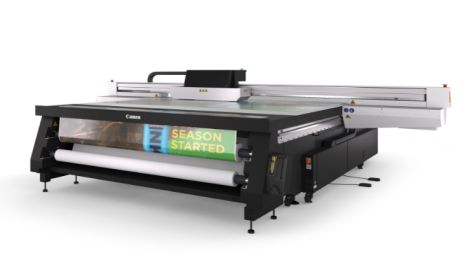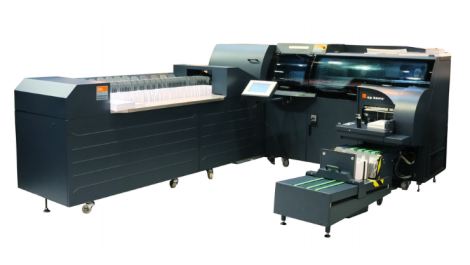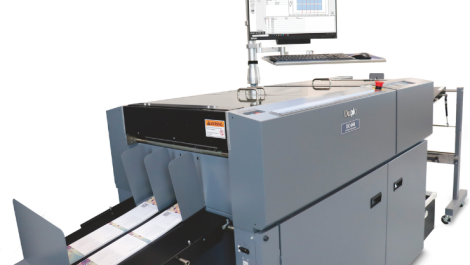Fusing the disciplines of marketing and IT has led to the creation of a new hybrid role, explains ProCo’s Andy Lydiatt.
I’ve always longed for a “proper job”. One that meant that when asked what I did for a living, I could answer without launching into detailed explanations of ‘well…it’s a bit technical, a bit IT, with some marketing and sales thrown in too.’ But, for the jacks of all trades out there, the tide may have turned. It appears we are marketing technologists!
Not something I even knew existed that long ago, but as the world of marketing changes we need to keep pace. In 2012 Gartner predicted that this year CMOs would spend more on technology than CIOs, so there’s no hiding from the blurring lines between marketing and technology.
According to blog Chief Martec, last year over 2000 marketing technology solutions were on the market. That figure now stands at over 3800 – covering CRM, automation, programmatic and SEO amongst others. How can we navigate this deluge of providers and platforms?
To make sense of this ever-increasing spectrum of digital marketing, the role of Marketing Technologist is on the rise. But do we all need one?
Today, marketing is powered by technology and data. And it’s critical that we understand how to access, process and analyse the data these new technologies provide. In Gartner’s 2015-16 CMO spend survey, 80% of companies had a Chief Marketing Technologist or equivalent role, responsible for the technological aspects of marketing.
Choosing the right platforms and using them effectively can seriously affect a campaign’s success, which is why it’s important to remember your goals and, of course, the customer. Marketing technologists can hold the key to keeping the software we use relevant, as well as bringing marketers closer to technology.
But as for a technology expert within the marketing team, we’re not so sure. A strong relationship between marketing and tech, with clarity on the company vision, can be powerful. And, as Chief Martec also points out, around 47% of people currently in marketing technology roles were previously from a marketing background. Only 18% were in tech roles. This suggests, in most cases, marketing technologists are marketers at heart, feeling the love for the customer and letting them guide the solutions to help deliver the best experiences.
And that’s where we come in. Consumers are being exposed to more and more digital information, so there needs to be a point of difference. With the personalisation opportunities, interactivity and applications that modern print offers, it really can provide a platform for differentiation as part of a digital marketing strategy – delivering the wow factor in physical form.
As for that “proper job”? My role is about problem solving – making sense of data, platforms and applications with the customer at the centre – and finding the right pieces to complete the puzzle. I don’t have a permanent seat in the marketing team, but I inform, support and influence, bridging the gap with tech to provide solutions that work for the business and the customer. So, maybe I am a marketing technologist, but perhaps one with a twist…
About the author
Andy Lydiatt is solutions consultant at print and digital marketing communications provider ProCo, which has facilities in Sheffield and Standsted
Read the full May issue here





